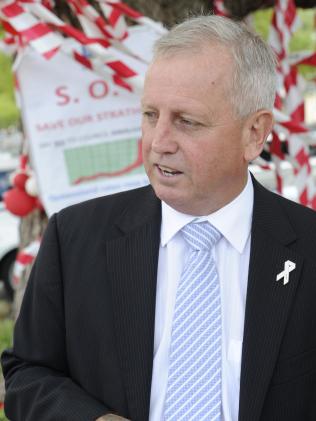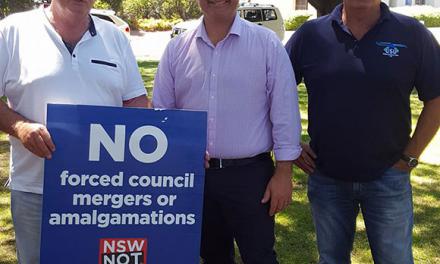Employees from Blacktown City Council have expressed outrage at the sensationalist, inaccurate reporting by the Daily Telegraph of the introduction of drug and alcohol testing at the council, according to the United Services Union.
The USU, which represents more than 30,000 local government workers across NSW, said dozens of workers had raised concerns about the article, describing the coverage as “disgraceful”, “derogatory”, and “offensive” to the employees of Blacktown City Council.
The union singled out the Daily Telegraph’s headline — “Council druggies iced” — as being particularly offensive and inaccurate.
It also highlighted that the claim in the story of an “unprecedented crackdown” was completely untrue, saying Blacktown City Council’s proposal was broadly in line with practices that have existed at dozens of NSW councils for up to five years.
USU general secretary Graeme Kelly said workers were extremely offended by the article’s inference that council employees were putting the community at risk by working under the influence of “cocaine, cannabis, and ice”.
“I have personally heard from dozens of extremely upset workers who are alarmed at how this story has been reported,” Mr Kelly said.
“Unfortunately, Blacktown Council’s Code of Conduct prevents these workers from talking directly to the media without approval, so they’ve been unable to express that outrage without risking disciplinary action.
“They have asked the union, as their representative, to highlight the inaccurate, offensive nature of that story, and ensure their side of the story is told.
“There is no question in my mind that any ordinary person reading the paper would have inferred from that headline that Blacktown City Council was rife with drug addicts, which is completely untrue.
“What is true is that there is nothing unprecedented about what is being proposed — drug and alcohol testing occur at thousands of workplaces across the state, including many councils — and it is in no way a response to workers at Blacktown being under the influence of drugs.”
Mr Kelly said the union had worked closely with Local Government NSW, which represents councils across the state, to develop a policy that addressed the risk of drug and alcohol abuse in the workplace through education, training, and assistance.
“Addressing the potential risk of drug and alcohol abuse in any workplace is essential, but it should always be done in a supportive, cooperative way,” Mr Kelly said.
“Abuse of alcohol and other drugs is often the result of illness, such as depression or addiction, and providing opportunities for workers to identify issues in their lives and seek assistance is vital.
“Addressing inappropriate behaviour in the workplace is best done through education and support services, not the sensationalism of the Daily Telegraph.”
Also read: Blacktown Advocate article here





